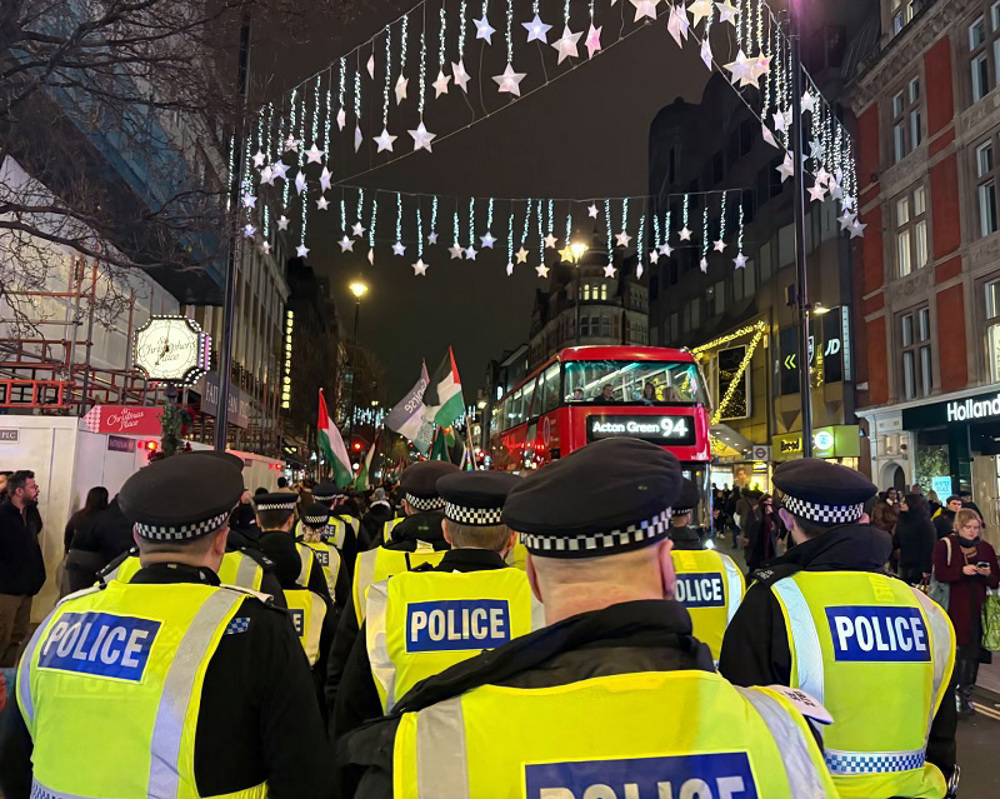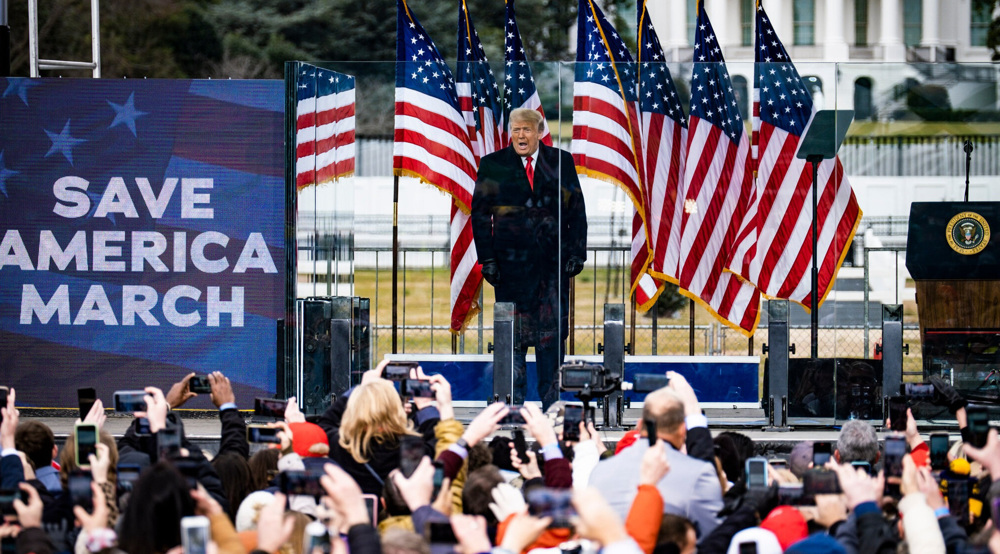What does ‘prorogation' mean for Brexit and British politics?
Prime Minister Boris Johnson’s request for suspension of parliament is set to dramatically raise the stakes in the closing stages of the fraught Brexit process.
Johnson has asked the Queen to suspend parliament just after MPs return from the parliamentary summer recess.
Under Johnson’s plan, parliament will be “prorogued” from September 09 to October 14.
The timeline effectively means that the House of Commons’ ability, and opportunity, to stop a no-deal Brexit is much reduced.
Reaction to Johnson’s unprecedented move has been fast and furious. Arguably the strongest reaction has come from senior Tory backbencher, and former attorney general, Dominic Grieve, who described the move as an “outrageous act”.
Grieve told BBC Radio 5 Live that: “if the prime minister persists with this and doesn’t back off, then I think the chances are that his administration will collapse”.
In the same vein, House of Commons Speaker, John Bercow, branded Johnson’s bold move as a “constitutional outrage”.
Bercow has dismissed Downing Street’s justification for a brief prorogation on the basis that the current session of parliament (which began in June 2017) has been the longest since the English Civil War, which ended in 1651.
According to Bercow, it is: “blindingly obvious that the purpose of prorogation now would be to stop parliament debating Brexit and performing its duty in shaping a course for the country”.
Whilst Labour party leader, Jeremy Corbyn, has yet to comment on Johnson’s move, other opposition parties have roundly condemned the Tories’ plans.
Amongst the opposition parties, the Scottish National Party (SNP) has made the most substantial gesture by asking a Scottish judge to issue an emergency ruling to stop Johnson from suspending parliament.
This legal challenge is led by Joanna Cherry, the SNP’s justice spokeswoman. For his part, the SNP’s Westminster leader, Ian Blackford, accused Johnson of “acting like a dictator”.
Meanwhile, the British media is scrambling to make sense of a chaotic and fast-moving situation. The BBC’s political editor, Laura Kuenssberg, who is believed to be sympathetic to the Tories, has described Johnson’s move as “decisive” and “intensely risky”.
Kuenssberg argues that suspending parliament will “embolden” opposition MPs and opponents of a no-deal Brexit across the board to “rush through emergency laws” or failing that to hold a “rapid vote of no confidence” to bring down Johnson.
But at present, the prospect for Johnson’s opponents does not look too bright. Yesterday’s meeting between Corby and other opposition leaders on finding a common framework to stop a hard Brexit failed to break the impasse.
Whilst there is sufficient political will to hold a vote of no confidence, opposition leaders, in particular the Liberal Democrat leader Jo Swinson, are opposed to Corbyn’s bid to become caretaker prime minister.
US imposes visa bans on ex-EU commissioner, anti-disinformation activists
Iran rejects coercion, says no to inspection of damaged nuclear sites
Over 150 Iranian MPs condemn US 'maritime piracy' in Caribbean
Why Iran’s reverse engineering prowess is giving jitters to American war hawks
Iran condoles with Libya over death of army chief in plane crash
Palestine Action: 'Free the Hunger Strikers'
Ex-UK officers urge PM Starmer to impose full arms embargo on Israel
Pro-Palestine prisoners pause hunger strike, but vow to resume fight










 This makes it easy to access the Press TV website
This makes it easy to access the Press TV website